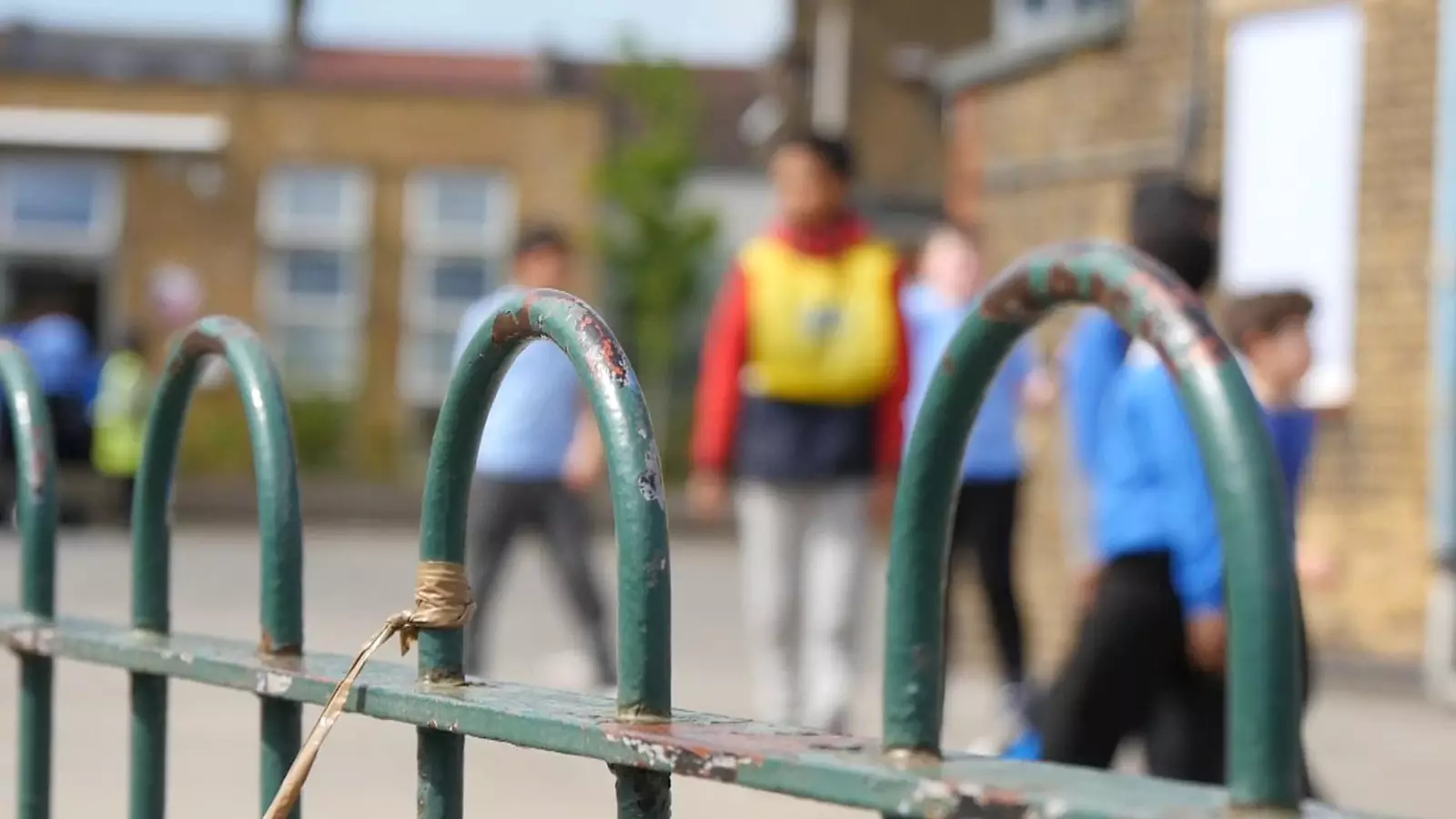The research conducted by the charity Chance UK revealed alarming statistics regarding the long-term consequences of children being excluded or suspended in primary school. One of the most concerning findings was that the majority of excluded children do not end up passing their GCSEs in English and Maths. This highlights a significant educational disadvantage that these children face due to their early experiences of exclusion.
The study also highlighted that 97% of children who were excluded at primary school had a special educational need or disability. This sheds light on the fact that many excluded children may require additional support and resources that are not currently being provided within the school system. It is crucial for educators to recognize the diverse needs of all students and ensure that appropriate interventions are in place to support their learning and well-being.
Mary-Anne, a parent of an excluded child with ADHD, shared her struggles with the school system’s inability to accommodate her son’s needs. She recounted her son’s experience of being permanently excluded at the age of five and being referred to a pupil referral unit. This demonstrates the lack of understanding and support for children with behavioral and emotional difficulties, which can have a profound impact on both the child and their family.
The research also highlighted the concerns raised by teaching unions regarding the worsening behavior in classrooms, especially since the onset of the pandemic. Teachers are facing increasing challenges in managing disruptive behavior and providing a conducive learning environment for all students. Exclusions are seen as a last resort, but with the rising number of disciplinary issues, teachers are struggling to cope with the demands of their profession.
Chance UK, a charity that supports children with behavioral and emotional difficulties, is calling on the government for additional funding for specialist support in primary schools. This highlights the urgent need for more resources and interventions to support excluded children and prevent them from falling behind academically. It is essential for policymakers to prioritize the well-being and educational outcomes of all students to ensure an inclusive and equitable education system.
The research conducted by Chance UK sheds light on the detrimental impact of primary school exclusion on children’s long-term academic success. It is crucial for schools, parents, and policymakers to work together to provide the necessary support and resources to help excluded children overcome their challenges and achieve their full potential. By addressing the underlying issues that lead to exclusion and implementing targeted interventions, we can create a more inclusive and supportive educational environment for all students.

Leave a Reply